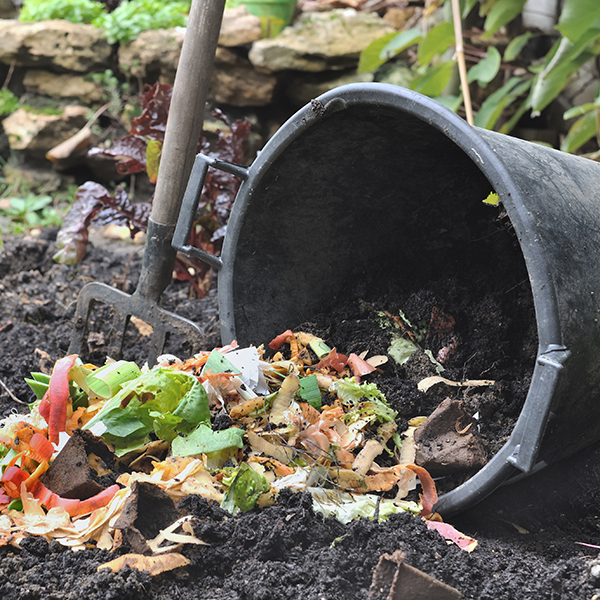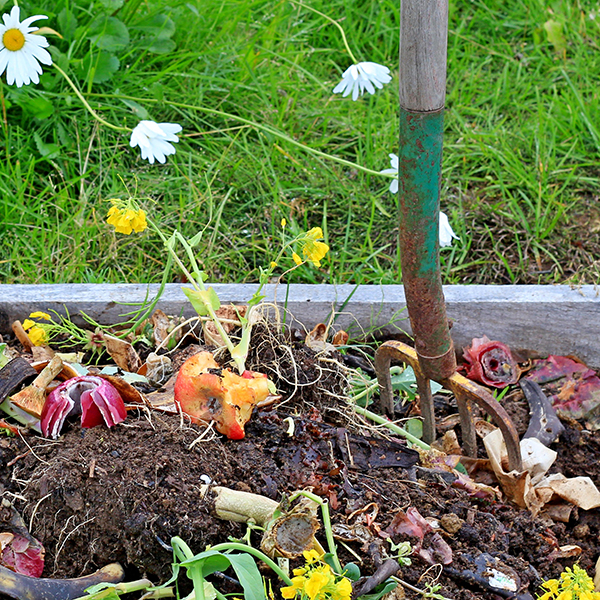Compost itself offers many benefits for gardeners and the environment. There are even more advantages when you do your own composting in your garden. With a bit of know-how, you can give your garden and the environment a nice boost while saving a bit of money by composting.
Enjoy more gardening benefits by getting all of your supplies at Cypress Creek Landscape Supply, where we strive to make our Garden Center a one-stop shop for our customers. We have the bulk items you may need for your Florida garden, including topsoil, fill dirt, and organic products. Among our fertilizers, we offer earthworm castings, an organic product that supplies 100% of the fertilizer all plants need to thrive; it is much better than compost! However, you will still enjoy benefits of composting. Learn more below.

Compost is good for the environment. It reduces waste, which also means less dependence on landfills. Compost also decreases greenhouse gas emissions, which is something else to feel good about. The amount of waste we produce in the U.S. daily is incredible! It is estimated that the average person in the U.S. generates 4.5 pounds of waste each day, which comes to 1,600 pounds annually. With compost, you can significantly reduce the amount of waste you send to landfills.
Among gardeners, it has been common knowledge for centuries that compost offers benefits for gardening.
It promotes healthy plant growth, strengthens the soil, and reduces the need for synthetic fertilizers and pesticides. Compost puts the nutrients in food waste back into the soil. On top of all that, compost helps to promote a prolific soil ecosystem because it attracts microorganisms and insects that are good for plants and the soil.
When you are composting, it means that you are converting certain kitchen scraps as well as yard waste into nutrients for your garden. An excellent alternative to synthetic fertilizers, compost is the most natural approach to garden fertilization.
A first step is to establish the type of compost pile you will have. The two basic types of composting are bin/pile composting and worm composting. It may take a bit of researching to determine which type works for you. Essentially, it is the place where you will put your compost components that will be used in your garden. Where you place your compost materials is also a consideration so that you have a reasonable way to add your raw materials to the pile or bins.
There should generally be two sections of a compost pile. One section is for greens and one is for browns.
Add the following components to the “greens” section of your compost pile:

The following are the types of things to add to the “browns” section of your compost pile:
Avoid adding the following to your compost pile. Do not add:
There should be a blend of some moisture along with the following activities in order to have the perfect recipe for compost:
You can find what you need for gardening and landscaping in our store and our outdoor oasis at Cypress Creek Landscape Supply. We strive to make gardening and landscaping easier for our clients. We do this by keeping needed items in stock and doing all we can to find items customers are looking for if they aren’t on hand. We also deliver! Visit us in Tampa FL at 12734 N. Florida Avenue or give us a call at (813) 933-7944.